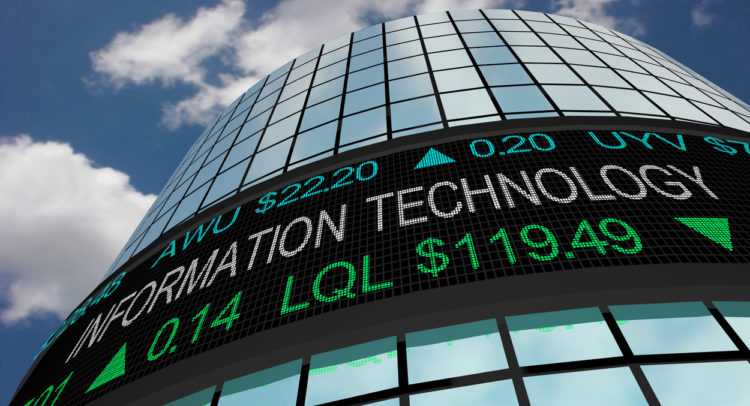anyone on the forum who has connections to intc government affair team, could you please fwd this idea to them?The above scheme can be somewhat "played" by TSMC and its customers. But I can think of a lot of ways that benefit Intel and Micron: 1) create R&D credit, which rewards U.S. based R&D, not just manufacturing. 2) these credits are sellable, exactly like EV credits.
IMHO, putting just tariffs won't really help IFS nor U.S. based R&D/manufacturing, as semi cycle is too long. By creating R&D credits and prepayment credit, $$ immediatelly flows to IFS (and micron, globalfoundries, and TSMC AZ plant, for that matter).

